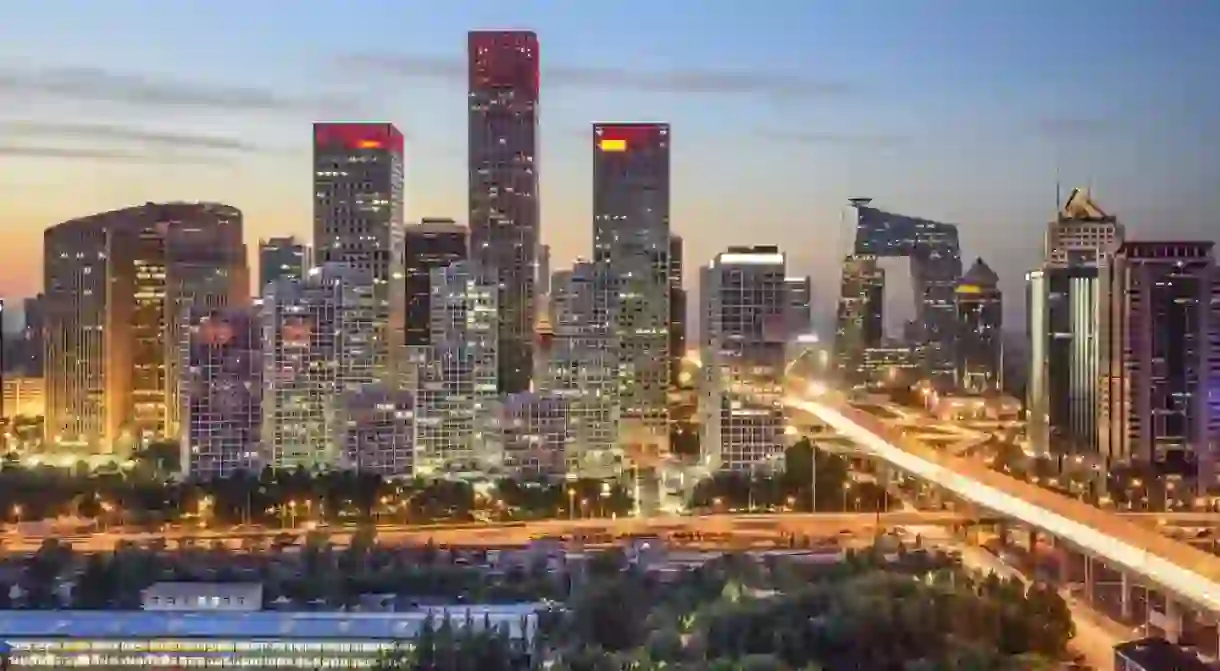10 Chinese Phrases That Will Actually Make Your China Trip Easier

As a country with 5,000 years of history, it is no surprise that China is home to one of the world’s most complex (and most used) languages: Mandarin. Although Chinese people have recently started to learn English from a young age, it is still necessary to know some important phrases in Mandarin if you decide to visit. Read on to avoid making silly mistakes during your trip in China.
你好 NǏ HǍO
This is the phrase that Chinese people use to say hello to each other. It has the same meaning as “how are you? ” or “hello” in English. However, this greeting is generally used between two people who just met for the first time.
谢谢 XÌE XÌE
This one is very easy to pronounce and means “thank you.”

不客气 BÚ KÈ QÌ
If someone says xìe xìe (thank you) to you, you can reply this phrase, meaning “you are welcome” or “it’s my pleasure.”
再见 ZAÌ JIÀN
This phrase is a more formal way of saying goodbye—young Chinese people tend to use “byebye” more than this. If you meet someone from an older generation, however, it is better to say “zaì jiàn.” It is considered more respectful.

今天天气不错!JĪN TIĀN TĪ QÌ BÚ CUÒ!
Chinese people are surprisingly similar to the English sometimes—they will greet each other or start conversations by talking about the weather. It is an easy way to reduce the embarrassment between two people who are not really familiar with each other. A simple “jīn tiān tī qì bú cuò!” (“nice weather today!”) will make everything easier.
不错 BÚ CUÒ
Chinese people are all food experts—they take cooking very seriously. If you are invited to dinner at a person’s home, they will definitely ask your opinion on the food. If you think is good, you can use this phrase, meaning “it’s good.” But here’s a tip: as a guest, you better say everything is good—even if you don’t really like it. If not, the host will feel very disappointed. And, of course, “bú cuò” can be used in all sorts of other circumstances besides complimenting a person’s cooking!

你看起来真漂亮 NǏ KÀN QǏ LÁI ZHĒN PIÀO LIÀNG
Everyone is always happy to hear people that they look beautiful. So, if you meet someone during a informal occasion, use this phrase (which means “you look very beautiful”) to make them happy and leave a good impression.
多少钱?DUŌ SHǍO QIÁN?
China has a lot of interesting markets, and they can be a lot of fun to visit. But, unlike supermarkets or malls, all the prices are not clearly stated. You’ll need to use this phrase when asking for the price. But remember: almost everything in a market can be bargained down to almost 50% of the original!

厕所在哪里?CÈ SUǑ ZÀI NǍ LǏ?
Here is a phrase for when you really need the bathroom and don’t know where is it!
去…怎么走?QÙ…ZĚN MĒ ZǑU
“Qù” means go, “zěn mē zǒu” means how. The whole phrase means “How to go…?” China is huge, so you’ll be using this phrase a lot! Luckily, most Chinese people are very friendly, so they’ll be happy to give directions—they may even take you there themselves!














